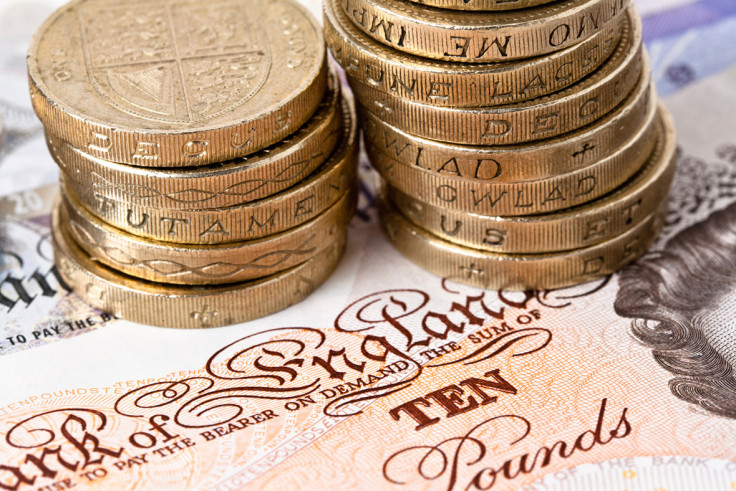EU referendum: Sterling suffers biggest fall since 2010 after Boris Johnson backs Brexit

The sterling was on track to post its biggest daily loss against the dollar for almost five years on 22 February, amid rising fears Britain could vote to leave the European Union (EU) in June, after Mayor of London Boris Johnson announced he would support the leave campaign.
The pound dropped 1.7% to $1.4163 at 9.20am GMT and is set for the biggest decline since 6 May 2010, the day on which the UK general election took place, while the euro rose 1.2% against the pound to £0.7828, making it the worst performing currency of the day and compounding a difficult start to 2016, which has seen the sterling lose more than 3% so far this year.
"Any closes below $1.42 [against the dollar] or above £0.7850 [against the euro] would open the way to further weakness for sterling," said Kit Juckes, analyst at Société Générale. "Overall, I think we are likely to see further sterling weakness ahead of the vote itself, as the debate rages and uncertainty undermines confidence. I can't imagine the opinion polls moving decisively enough in either direction for clarity to emerge before [the referendum is held on] June 23."
Speaking on 21 February, Johnson said he had decided to back the campaign to leave the EU, despite David Cameron's pledge to support the pro-European movement. The UK prime minister has come under scrutiny from members of his own party for failing to secure a meaningful set of reforms after long negotiations with EU member states.
"I did not want to do anything, the last thing I wanted was to go against David Cameron or the government but after a great deal of heartache, I don't think there is anything else I can do," said the Mayor of London.
"I don't think anybody could realistically claim that this is fundamental reform of the EU or of Britain's relationship with the EU."
The six-month implied volatility in sterling/dollar – an indicator of how drastic currency moves will be – rose to 12.2%, its highest since late 2011, according to Reuters data, while the six-month risk reversals – which gauges demand for options on a currency rising or falling – showed the bias for sterling weakness at its highest level in over four years.
Earlier in February, Goldman Sachs warned a potential Brexit could see the sterling fall sharply, driving foreign investors away from Britain. However, while the sterling was firmly on the back foot, UK equity markets gained ground, with the FTSE 100 up by more than 1% midway through the morning session.
Spreadex financial analyst Connor Campbell said: "A positive Asian session, with the Shanghai Composite hitting highs not seen since the end of January, and a $34 per barrel-approaching rise from Brent crude helped the FTSE to some healthy gains this morning, lifting 85 points to re-cross 6,000 and near new three-week peak in the process."
© Copyright IBTimes 2025. All rights reserved.






















